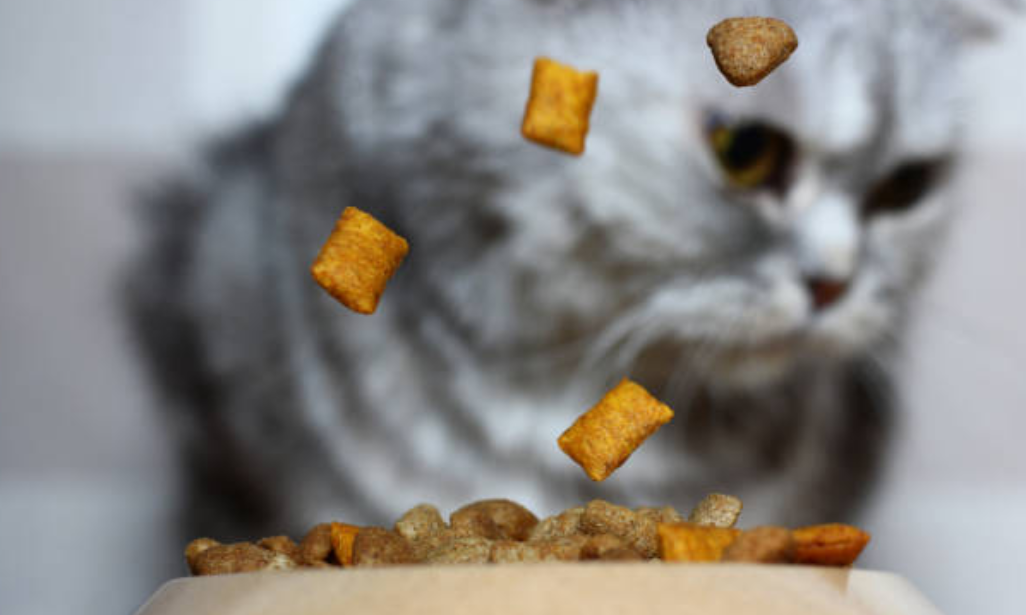Dealing with a situation where your beloved furry friend, your cat, keeps throwing up their food can be concerning. However, there are positive steps you can take to address this issue and help your cat feel better. This article explores 10 practical and gentle ways to understand and tackle this problem, using easy-to-understand language and real-life examples.
Observe Meal Portions
Sometimes, overeating can lead to vomiting. Just like us, cats can have their limits. Our kitty friend, Fluffy, used to gobble up her food quickly and then regurgitate it. By dividing her meals into smaller portions throughout the day, we noticed a positive change. She now enjoys her food without any tummy troubles.
Choose High-Quality Food
Opt for premium cat food that suits your cat’s dietary needs. Our cat, Whiskers, used to have an upset stomach frequently. After switching to a high-quality, grain-free diet, we saw a remarkable improvement in her digestion.
Slow Feeding Technique
Introduce slow-feeding methods to prevent your cat from eating too quickly. Our mischievous cat, Milo, would gulp down his meals, only to throw them up later. Using a special slow feeder bowl helped him pace himself and reduced his vomiting episodes.
10 Pawsitively Purrfect Reasons to Love Kefir the Cat: A Feline Tale of Joy and Wellness
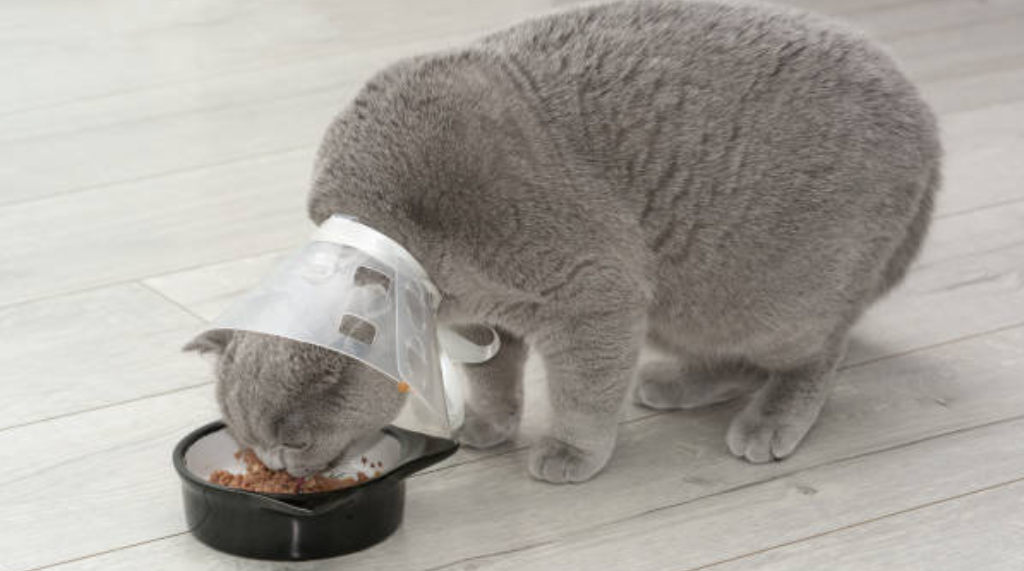
Hydration is Key
Ensuring your cat stays hydrated can make a big difference. Our sweet kitty, Luna, would occasionally vomit due to dehydration. By providing fresh water and even wet cat food, her vomiting decreased, and her energy levels improved.
Regular Vet Check-ups
A visit to the vet can provide valuable insights into your cat’s health. Our adventurous cat, Simba, had an underlying medical issue that was causing his vomiting. With proper treatment, he’s now back to his playful self.
Mindful Treats Giving
While treats can be delightful, moderation is key. Our playful cat, Oliver, used to have vomiting spells after indulging in too many pleasures. By being mindful of treat portions, we managed to keep his tummy happy.
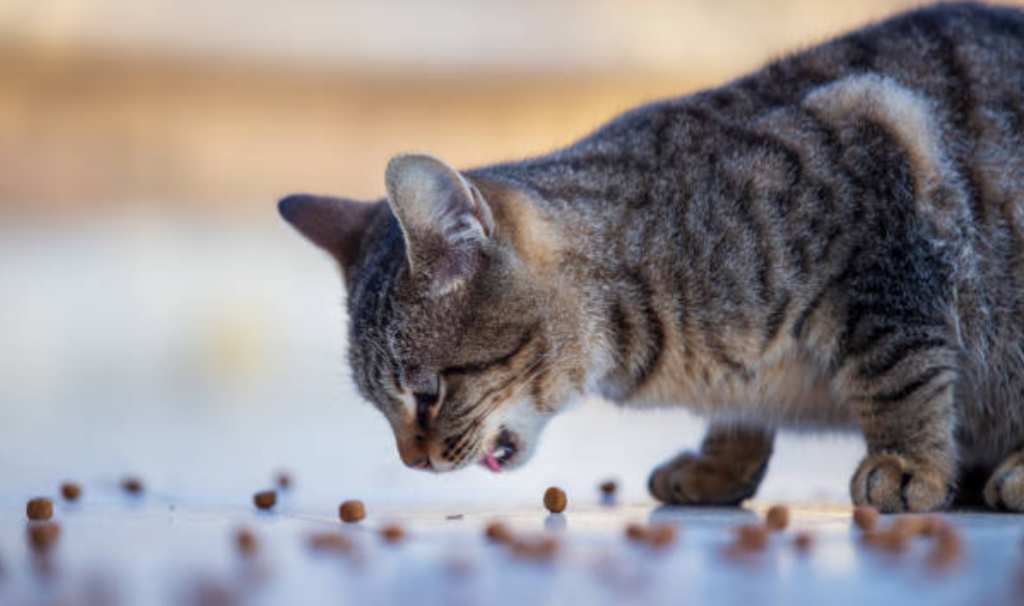
Combat Hairballs
Excessive grooming can lead to hairballs and vomiting. Our lovely cat, Bella, would often have hairball-related tummy troubles. Regular brushing and the occasional use of hairball remedies made a positive impact on her digestion.
Stress Management
Cats can be sensitive to changes in their environment. Our shy cat, Willow, would sometimes throw up due to stress. Creating a calm and comfortable space for her and using pheromone diffusers helped ease her anxiety and reduced vomiting.
Gradual Food Transitions
If you’re changing your cat’s diet, do it slowly. Our curious cat, Max, had digestive issues when we switched his food abruptly. A gradual transition allowed his tummy to adapt, minimizing vomiting.
Love and Attention
Lastly, don’t underestimate the power of love and attention. Spending quality time with our affectionate cat, Daisy, reduced her stress levels and positively affected her overall well-being, leading to fewer instances of vomiting.
The cat keeps throwing up food, the most relevant content around the net is www.webmd.com, vcahospitals.com, www.thesprucepets.com
Frequently Asked Questions About Cat Keeps Throwing Up Food
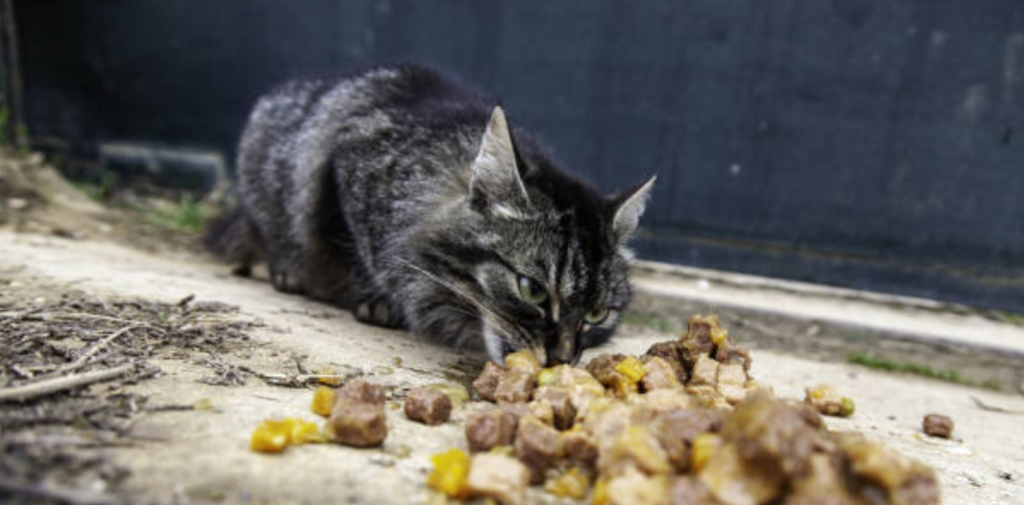
Q: Why does my cat keep throwing up her food?
A: Cats may vomit for various reasons, such as eating too quickly, hairballs, dietary changes, or underlying health issues. Observing meal portions, using slow feeding techniques, and providing regular vet check-ups can help identify and address the cause.
Q: Can changing my cat’s diet reduce vomiting?
A: Yes, transitioning to high-quality, easily digestible cat food can minimize vomiting. Slowly introduce a new food over a week to prevent stomach upset. Monitor your cat’s reaction and consult your vet for guidance.
Q: How can I prevent hairballs and vomiting?
A: Regular grooming, including brushing your cat’s coat, helps reduce hairball formation. Additionally, using hairball remedies or lubricants can aid in their passage through the digestive tract, decreasing vomiting incidents.
Q: Is stress a factor in my cat’s vomiting?
A: Yes, stress can contribute to vomiting. Cats are sensitive to changes in their environment. Creating a calm and secure space, using pheromone diffusers, and spending quality time with your cat can help alleviate stress-related vomiting.
Q: Can treats be a cause of vomiting?
A: Overindulgence in treats can lead to vomiting. Moderation is key. Be mindful of treat portions and opt for high-quality treats. Gradually introduce new treats to avoid stomach upset.
Q: When should I be concerned and seek a vet’s help?
A: If vomiting becomes frequent, contains blood, or is accompanied by other symptoms like lethargy, diarrhea, or weight loss, it’s essential to consult a vet promptly. Persistent vomiting may indicate an underlying health issue that requires professional attention.
Q: How can I address my cat’s vomiting caused by overeating?
A: Dividing your cat’s meals into smaller, more frequent portions throughout the day can help prevent overeating. This approach allows your cat’s digestive system to handle food more effectively, reducing the chances of vomiting.
Q: Are there specific foods that can help reduce vomiting?
A: Opt for cat foods labeled as “easy to digest” or “sensitive stomach.” These formulations are designed to be gentle on your cat’s stomach and may help reduce vomiting episodes. Consult your vet before making any significant dietary changes.
10 Surprisingly Positive Outcomes After My Cat Ate Chocolate: A Tale of Luck and Joy!
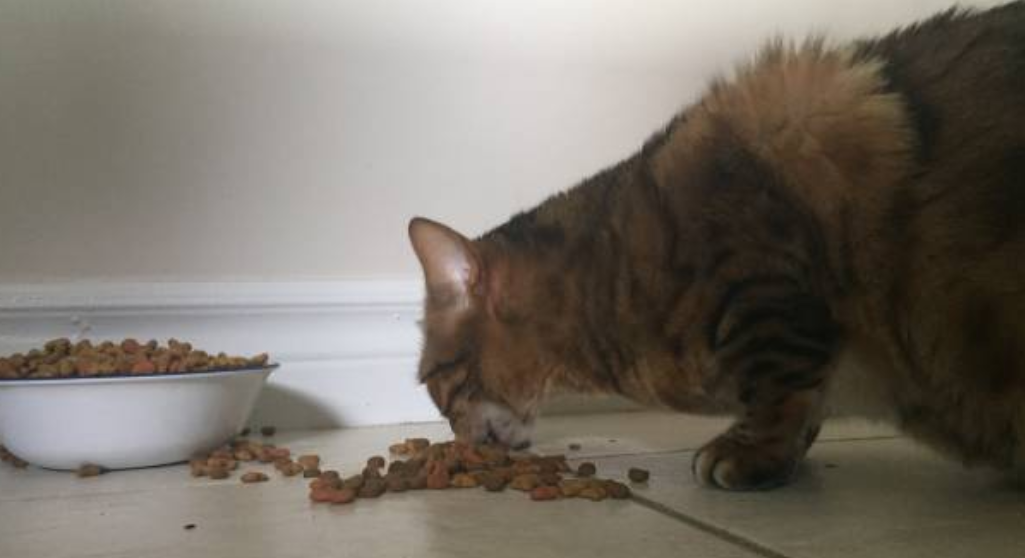
Q: Can dehydration lead to vomiting in cats?
A: Yes, dehydration can contribute to vomiting. Ensure your cat has access to clean and fresh water at all times. Wet cat food can also help increase fluid intake and prevent dehydration-related vomiting.
Q: How can I help my cat adjust to a new diet without vomiting?
A: Gradual food transitions are key. Mix a small amount of the new food with the old one, gradually increasing the proportion over a week. This gives your cat’s stomach time to adjust and minimizes the likelihood of vomiting.
Q: Is there a connection between vomiting and hairball frequency?
A: Yes, excessive grooming and subsequent hairball ingestion can lead to vomiting. Regular brushing can help reduce hairballs, and using hairball remedies can assist in their passage, ultimately reducing vomiting incidents.
Q: Can my cat’s vomiting be a sign of a serious health issue?
A: While occasional vomiting is common, persistent or severe vomiting may indicate an underlying health problem. It’s crucial to seek veterinary attention if vomiting becomes frequent, contains blood, or is accompanied by other concerning symptoms.
Q: How can I create a stress-free environment for my cat?
A: Cats thrive in predictable and secure surroundings. Provide hiding spots, scratching posts, and interactive toys. Using pheromone diffusers like Feliway can help create a calming atmosphere and reduce stress-related vomiting.
Q: Are there specific breeds more prone to vomiting?
A: While any cat can experience vomiting, long-haired breeds like Persians and Maine Coons may be more susceptible due to hairball issues. Regular grooming and preventive measures can help minimize vomiting in these breeds.
Q: Can love and attention reduce my cat’s vomiting?
A: Yes, spending quality time with your cat and providing affection can lower stress levels, positively impacting overall well-being. A content and relaxed cat is less likely to experience stress-related vomiting.
10 Savage Cat Facts That Will Amaze You and Make You Smile!
Conclusion
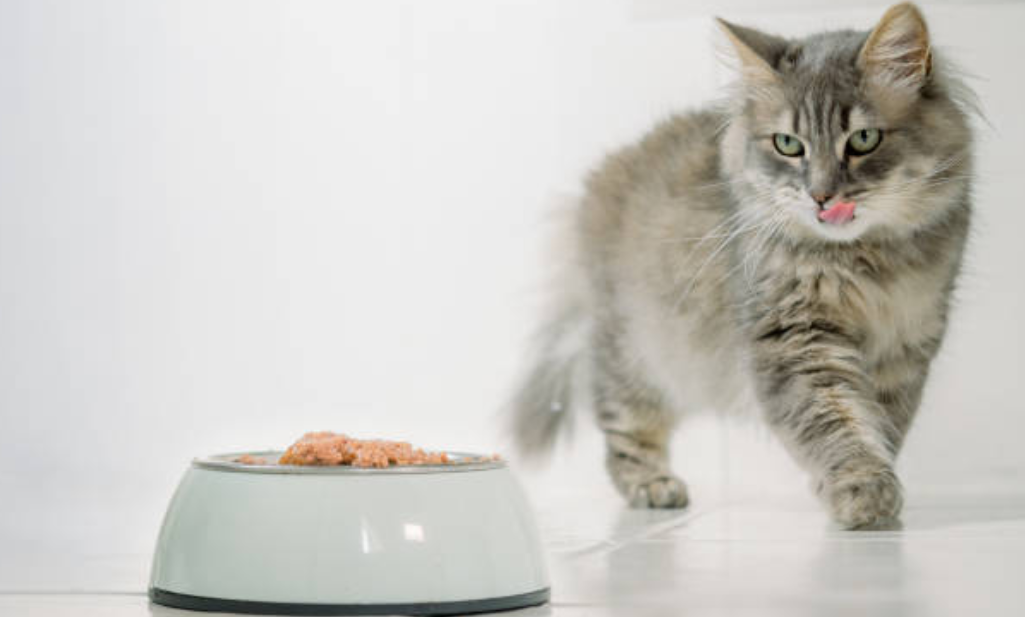
Remember, every cat is unique, and finding the right approach might take time. By observing, making gradual changes, and showering your furry companion with care, you can address the issue of your cat throwing up food positively and effectively. Your cat’s well-being is worth the effort, and with patience, you’ll both enjoy a happier and healthier journey together.
8 Surprising Reasons Why Chocolate Bad for Cats: Protect Your Feline Friends!
We value your insights and experiences! If you’ve faced the challenge of your cat throwing up food or have found unique ways to address this issue, we’d love to hear from you. Your comments and stories not only enrich our community but also offer valuable support to fellow cat lovers. Whether you’ve discovered a special trick or simply want to share your thoughts, your voice matters. Join the conversation below and let’s create a space where we can learn and grow together in our journey to care for our feline companions.
